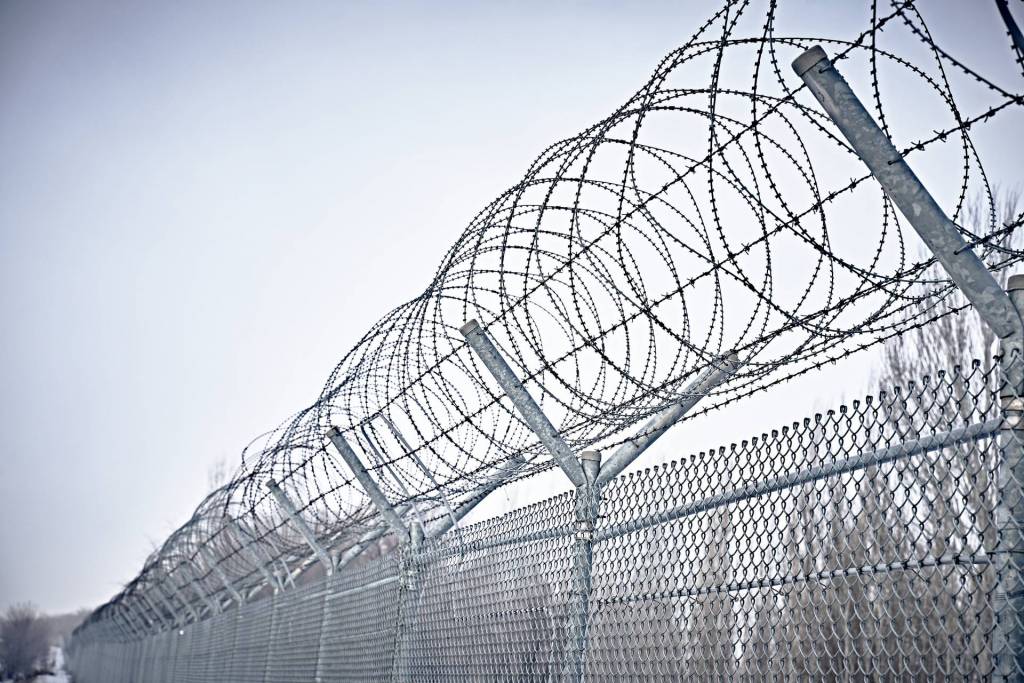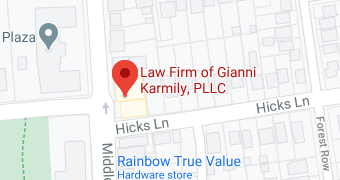In New York, if you have been convicted of a crime, sentenced to probation, and accused of a violation of that probation, you must seek trustworthy advice and reliable defense representation as quickly as you can. You will need to contact a Nassau County probation attorney.
In fact, if you face any criminal charge, it is essential to have the advice and services of a good New York criminal defense lawyer. If you’re accused of a crime, you shouldn’t agree to a “plea bargain” or sign any legal paperwork before you’ve met with a good criminal defense lawyer.
As you know, if you are taken into custody, you have the right to an attorney and the right to remain silent. Be friendly and cooperative if this should happen to you, but insist on your legal rights, and politely decline to answer questions or discuss the case until your lawyer can be there.
If You Are Offered Probation
When someone receives a criminal conviction in New York, one of the penalties that may be imposed on an offender is probation, but probation cannot be imposed by the judge until and unless the offender signs a statement agreeing to the terms and conditions of the probation.
If you’re facing a misdemeanor or felony conviction in this state, carefully review any plea bargain agreement with your defense lawyer before signing your name to it. Once it is signed, that plea bargain agreement will govern your life for a period of time.
In many cases, probation permits you to stay in your home and remain in your community. It lets you work or stay in school, and it allows you to complete your sentence by acting responsibly, meeting the conditions and terms of probation set forth by the court, and staying out of any new legal trouble.
What Are Usually the Terms and Conditions of Probation?
Probation terms for felony convictions are typically for five years; probation for a misdemeanor conviction is usually for three years. If you’re ordered to serve probation in New York, the conditions and terms of probation will usually include but aren’t limited to:
1. avoiding another arrest or another criminal charge
2. attending school or finding and maintaining employment
3. being subjected to unannounced drug tests and unwarranted searches
4. avoiding criminal acquaintances or associates
5. reporting to a probation officer on a regular basis
What Else Does Probation in New York Require?
A New York probation officer can make unannounced visits to your home and even to your workplace. You must receive permission from your probation officer to travel outside of the jurisdiction, move to a new residence, or change jobs.
Probationers in New York are not allowed to own, use, or possess any guns, shotguns, rifles, tasers, stun guns, swords, gravity knives, ballistic knives, or other weapons of any kind.
In 2017, out of 141,070 probationers in the State of New York, 12,984 – about nine percent – were charged with violations of probation.
What Happens if You Are Suspected of Violating Probation?
A failure to meet the conditions and terms of probation may result in a probation violation or “VOP” charge. If someone’s probation officer believes that a violation has occurred, the officer will inform the court. A judge may then issue a warrant for the probationer’s arrest.
Sometimes, however, the judge may only issue a summons to appear. And still in other cases, the probation officer may place the probationer under arrest – if he or she is serving probation for a felony conviction – and take the probationer immediately to jail.
A VOP hearing will then be scheduled. If you’re the person who is charged with a violation of probation, a Nassau County probation attorney should accompany you to your probation violation hearing. Your lawyer may persuade the court that you didn’t violate your probation.
What Can Happen if You Are Convicted of Violating Probation?
But if the evidence of a probation violation is proven, and the offender is convicted for violating probation, the judge can:
1. revoke probation and send the individual to prison or jail
2. restore probation under the same terms
3. restore probation with added, stricter terms and conditions
How Do VOP Hearings Differ from Criminal Trials?
VOP hearings are different from other criminal proceedings. If you’re on probation, you’ve been convicted already, so many of the laws that normally govern criminal trials do not apply in a VOP case.
Probationers facing VOP charges have no right to bail or to a jury trial. Some judges may set bail, but many will not. Probationers may find themselves waiting in a jail cell until the violation of probation hearing, but your lawyer – in some cases – might be able to arrange bail.
Instead of proving guilt beyond a reasonable doubt at a VOP hearing, the state only has to show that a “preponderance of the evidence” indicates the probationer’s guilt. In other words, a prosecutor only has to show that it is “more likely than not” that a probation violation occurred.
New York VOP hearings are heard and decided only by judges. The defense and the state are allowed to present their arguments and evidence. Witnesses can be questioned and cross-examined. A judge reviews the testimony and evidence and then hands down a verdict.
To convict someone of a probation violation, the violation has to be “substantial” and “willful.” Except in New York City, the supervision of probationers is handled by county probation departments. In the five boroughs, probation is handled by the New York City government.
Take Advantage of the Opportunity Probation Offers
If you’re placed under arrest and charged with a crime in New York, obtain a good defense attorney’s help at once. You have that right. A good criminal defense attorney will safeguard your rights and fight to bring your criminal case to the best possible outcome.
However, if the case against you is convincing, and if you’re convicted of a felony or a misdemeanor, try to understand that if you are ordered to serve probation, you are fortunate – you could be behind bars.
Everyone who is sentenced to probation by the State of New York should realize that the court is extending leniency and mercy to you, so you must comply with the terms and conditions of your probation to avoid serving time in prison or jail.
Take advantage of probation if that is your sentence, and stay out of additional legal trouble by strictly following the conditions and terms of your probation.










